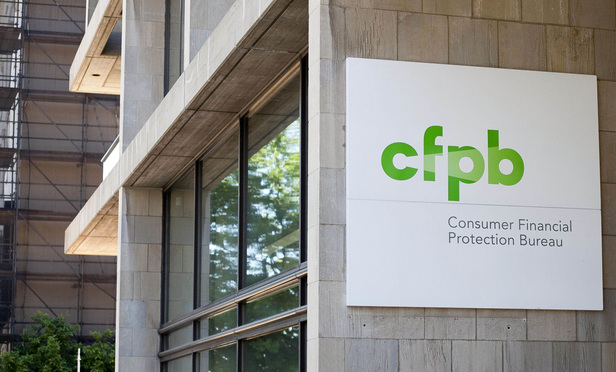By Madison Gable
It is the ten-year anniversary of the 2008 financial crisis and one of the government-run consumer protection agencies created in response to it is already being dismantled from the inside out. The Consumer Financial Protection Bureau (CFPB) was launched in 2011 under the Dodd-Frank Wall Street Reform and Consumer Protection Act to serve as a watchdog agency, and is designed to protect consumer interests in the financial sector. In the past, the CFPB has made great strides in educating the public about abusive practices from the financial companies that provide mortgages, loans, and credit cards, as well as in monitoring these groups and ensuring they operate fairly.
Unsurprisingly, approving nominations for CFPB leadership has been a point of contention between Congressional Democrats and Republicans under the Trump administration. As the brainchild of regulatory champion the agency has been politicized since its inception. Warren was up for the role of director in 2011 and had to be passed over when Obama administration officials recognized they were unlikely to overcome Republican opposition to her nomination. The very mission of the agency offends antiregulatory interests, and since 2017, the Trump administration has strategically weakened the CFPB. Proponents of the CFPB claim that it is one of the few government agencies that offers any remedy to citizens exploited by banks, credit card companies, and payday lenders. Opponents counter these assertions by claiming the agency is allowed too much independence from executive oversight.
At the end of August, the Senate Banking Committee approved President Trump’s pick for the new CFPB director, Kathy Kraninger. Kraninger currently works in the White House Office of Budget and Management (OMB), and in her position, she has been involved with planning the Trump administration’s response to Hurricane Maria in Puerto Rico as well as its controversial decision to separate immigrant families at the border. Democrats opposing her nomination take issue with her lack of experience relevant to the job, as Kraninger has no history of consumer protection work, as well as with the results of decisions she has made working at the OMB. Kraninger’s critics also fear the dissolution of the agency’s independence, concerned that she is tied more closely to the goals of the Trump administration than to the goals of the agency.
In the meantime, former GOP congressman (and Kraninger’s current boss at the OMB) Mick Mulvaney has been serving as the interim director at the CFPB, executing deregulations that contradict the agency’s stated purpose. In June, Mulvaney dissolved the 25-member consumer advisory board, a panel of consumer protections advocates, academics, and ordinary Americans who weigh in on policy decisions. Mulvaney fired the members of the board a few days after some of its members criticized leadership within the agency. The consumer advisory board will be revamped this fall, but the 25 members who were fired this summer were informed that they could not apply for a position on the new board. CFPB leadership has explained that more townhalls will be held to assuage concerns about the agency turning away from American consumers. The new consumer advisory panel will have fewer members than the last.
The CFPB operates a public database that houses complaints about financial service companies, which Mulvaney has threatened to close off to the public. At a banking conference in the spring, Mulvaney told a crowd that he “[didn’t] see anything in here that says I have to run a Yelp for financial services sponsored by the federal government,” as he held up a copy of the 2010 Dodd-Frank Act which established the CFPB. Normally, the CFPB passes along the consumer’s grievances to the financial service provider they apply to, allowing it 15 days to respond before posting the complaint. Mulvaney has also said he would like to investigate consumers’ claims before posting them publically. Financial service providers have complained that the database paints them in a negative light even when they have done nothing wrong. A report from consumer watchdog nonprofit Public Citizen found that eight out of the ten financial service providers with the most complaints in the database contributed to Mulvaney while he was in Congress.
In addition to internal changes made at the agency, at the beginning of the year, Mulvaney put on hold regulations on the high-interest rates some payday lenders charge. He also dropped litigation against online lenders who were charging 900 percent interest on loans.
Predictably, votes among the Senate Banking Committee for Kraninger’s nomination split along party lines. Kraninger said she supports Mulvaney’s changes. While she will likely be confirmed before the midterm elections, even if she is not, Mulvaney will then have more time at the CFPB to continue relaxing the enforcement of regulatory rules or to just change the rules altogether. Consumer protection advocates may end up needing to take to other avenues to have their voices heard by the Trump administration; the CFPB is certainly no longer as conducive to safeguarding American consumers as it was during the Obama years.
